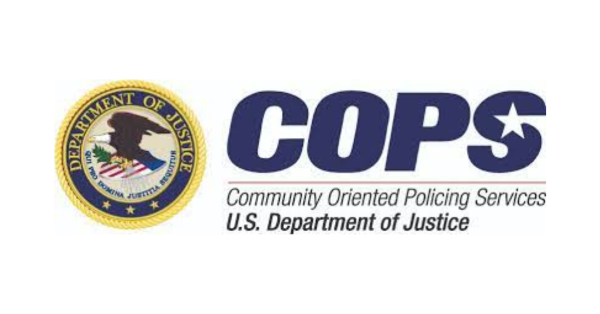WASHINGTON, D.C. – Today, Associate Attorney General Vanita Gupta announced the release of a new publication, Considerations for Specialized Units: A Guide for State and Local Law Enforcement Agencies to Ensure Appropriateness, Effectiveness, and Accountability, commissioned in the wake of the killing of Tyre Nichols and amid mounting public concern over the use of specialized units in police agencies. The guide is designed to support law enforcement agencies and communities across the country as they assess the appropriateness of the use of specialized units, and, where units are deemed appropriate, ensure the necessary management and oversight of such units to advance effective and just policing practices.
The guide is the result of a series of convenings, roundtable discussions, and interviews with law enforcement, civil rights organizations, and other stakeholders, led by the Department’s Office of Community Oriented Policing Services (COPS Office) and the National Policing Institute (NPI). It provides law enforcement leaders, mayors, and community members with actionable considerations for the formation, management, and accountability of specialized units.
“After the tragic death of Tyre Nichols and public scrutiny of the SCORPION unit, we made it a priority at the Justice Department to develop a practical resource for law enforcement and community leaders assessing the use of specialized units in police agencies,” said Associate Attorney General Gupta. “We hope that police chiefs, mayors, and community stakeholders will use the guide when considering whether a specialized unit should be formed to focus on a particular problem, and, if formed, how to ensure proper transparency, oversight, accountability, and evaluation of such units. The Justice Department is grateful for the engagement of law enforcement and community stakeholders that helped make this vital resource a reality.”
The guide looks at four main stages of specialized units: (1) formation, (2) personnel selection and supervision, (3) management and accountability, and (4) community engagement. Each section of the guide offers key considerations for agencies as they are creating or reviewing their own specialized units. If law enforcement and the community determine that a law enforcement response is required to address a problem and that standard patrol units are unable to effectively address the concern, this publication offers actionable guidance for defining the specialized unit’s mission and culture, hiring the most suitable personnel and supervisors, developing innovative unit and personnel performance metrics, and establishing policies and practices to mitigate the risks of specialized units.
“This guide is based on input from representatives from law enforcement, the community, academic institutions, and advocacy organizations across the country,” said Director of the COPS Office Hugh T. Clements, Jr. “I feel confident this guide will help both law enforcement and the communities they serve to demonstrate and uphold the principles of effective, constitutional policing.”
The report is available at www.portal.cops.usdoj.gov/resourcecenter?item=cops-r1140.


